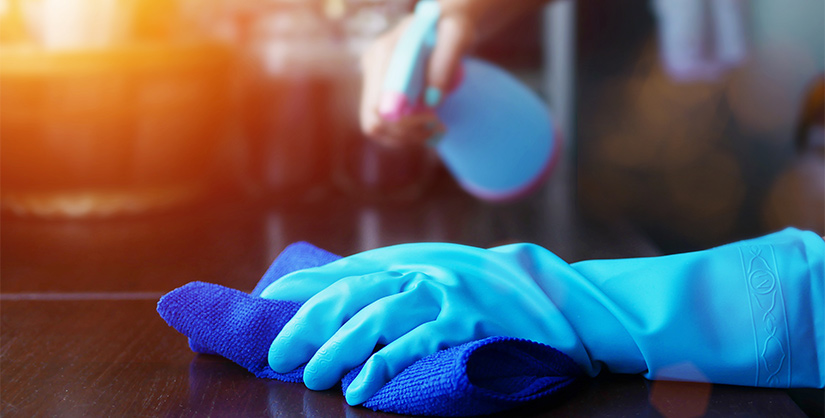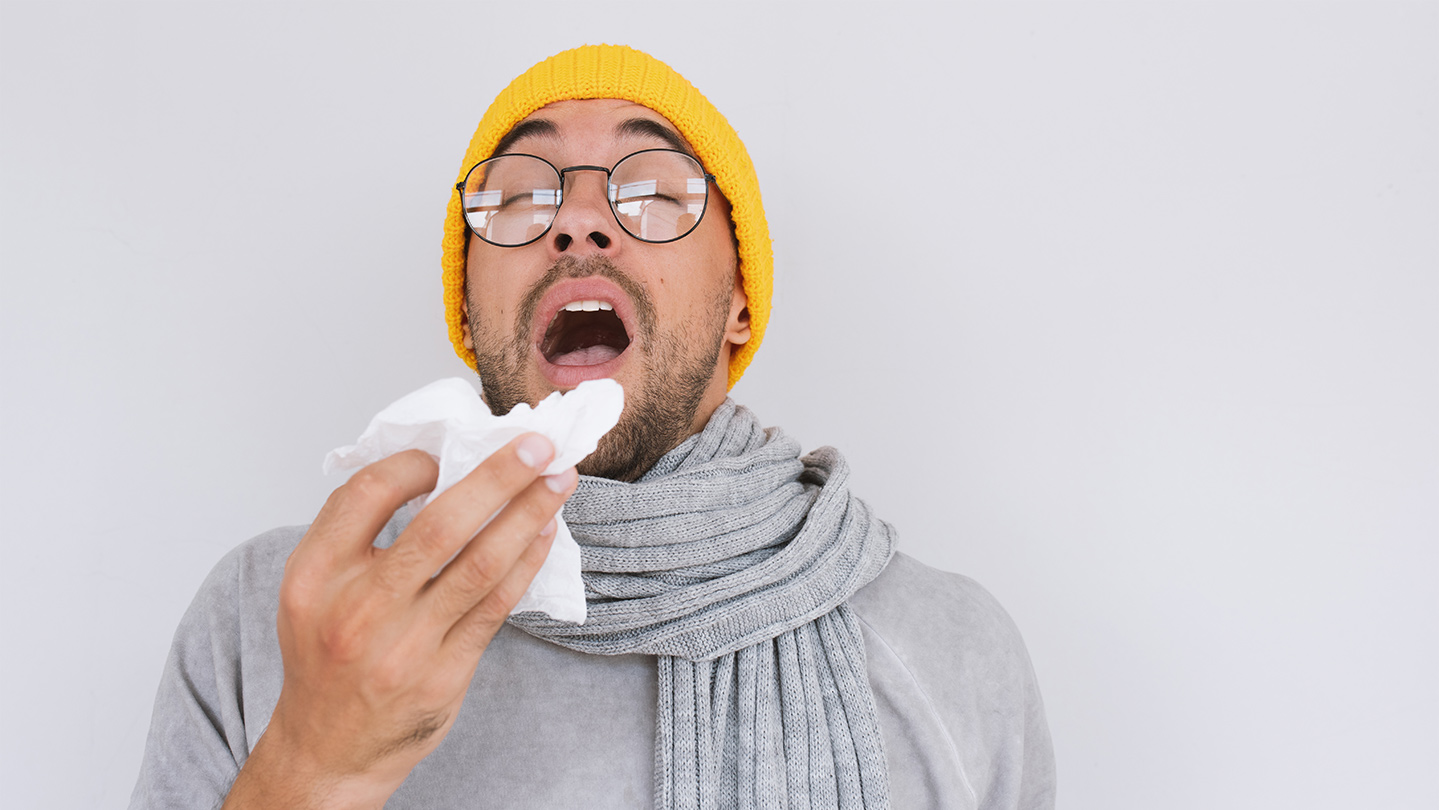Steps you need to know to safeguard attendee health at your 2020 events
Assess your program
As reports of COVID-19 (Coronavirus) continue to make headline news, event organizers have to evaluate health risks and take appropriate steps to safeguard everyone involved in a program. While some planners may need to postpone or go virtual with programs that depend on global attendees, others may decide it’s safe to move forward as planned with added precautions to mitigate the spread of any illness.
As you consider what’s best for your program, here’s a list of responsible planning steps you can take to help protect attendees, employees, speakers, and vendors and minimize the spread of any illness at your next event.
Adopt health safety policies
- Mandate a no handshake policy.
- Do not allow attendees from high-risk areas.
- Do not allow anyone to enter venue with sniffles, fever, or cough.
- Conduct passive thermal screening as attendees enter venue to screen out anyone running a fever.

Educate attendees on best practices to follow
Let attendees know before they arrive (and remind them onsite) of health policies in place for their protection AND their role in ensuring their own health and that of other participants:
- Send a know-before-you-go outlining event health policies and best practices.
- Post signage reminding attendees to wash hands frequently, don’t touch their face.
- Include the steps anyone involved in the event should follow if they start to feel ill onsite.
- Announce best practices at start of event and remind attendees to wash hands prior to meals.
Increase onsite health safety measures
Health safety can be improved across a program through measures such as:
- Offer no-touch hand sanitizer stations throughout the venue.
- Add signage reminding attendees of basic health safety precautions.
- Make food and beverage selections that lean toward prepackaged single-serving items over open buffets.
- Add daily disinfecting of all high touch hard surfaces such as table tops, door handles, railings, chair backs, microphones, keyboards, touch screens etc.

Offer options for fearful or at-risk attendees
Certain members of the population have a much higher risk for contracting COVID-19 than others. Many would-be attendees may want to make last minute decisions not to travel or gather with a crowd. Maintain great attendee relationships by offering considerations such as:
- A simple refund policy.
- Crediting a ticket purchase to a future event or other purchase.
- An option to attend portions of the event such as keynote or workshops via livestream.
- Access to post-event recordings of sessions.
Have an emergency plan
While the risk of widespread Coronavirus outbreak is still considered low in most areas of the U.S., the situation can change rapidly. It’s advised to contact your local health authorities and have a plan in place in case someone at your event does show symptoms of COVID-19. This includes:
- Maintain awareness of locations where the virus is active
- Prepare a detailed action plan for screening, isolating, & treating anyone who may show signs of illness.
- Establish a contact at your local health services provider to call in case someone becomes ill.
- Train every member of your event staff on how to safely handle a potential outbreak.
- Review key event planning recommendations offered by the World Health Organization for more details.
Thinking of transitioning to a virtual event? Contact Shiloh today for a free evaluation.

